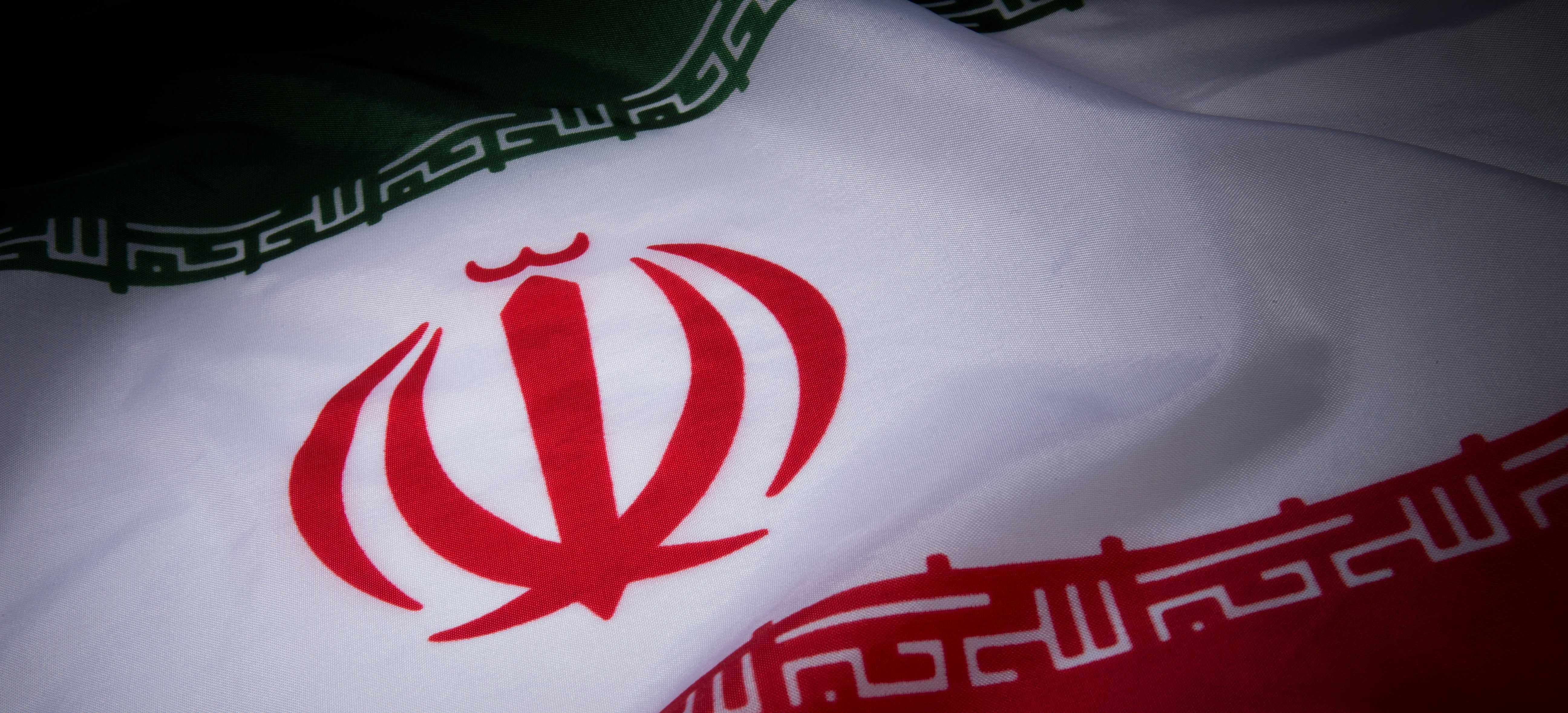It has been revealed that Iranians have sent the equivalent of $2.5 billion out of the country to purchase cryptocurrency. The news comes a day after US President Donald Trump's announcement that the US will withdraw from an international agreement under the terms of which Iran limited its nuclear ambitions in return for the lifting of crippling economic sanctions.
According to local news outlet Financial Tribune, Mohammad Reza Pourebrahimi, Chairman of the Economic Commission of the Parliament of Iran, said: “Despite the fact that a minority of the people of our country are customers of virtual currencies and their new markets, more than $2.5 billion have fled the country following their purchase while a majority of people active in this area are in it for speculative activities and macro profits.”
“The future of world economy will be decided by digital currencies, but the use of foreign digital currencies can cause serious hazards for the country in its banking system because of their lack of transparency and absence of an entity backing them,” he added.
Background
Some argue that cryptocurrency is a convenient way for Iran to circumvent economic sanctions. For example, one of these sanctions was the cessation of service from ubiquitous money transfer company SWIFT.
In October 2017, Iranian Deputy Minister of Information and Communication Technology, Amir Hossein Davaee, said in an interview with local news outlet newspaper Shargh: “The ministry of communications and information technology has already conducted a number of research studies as part of efforts to prepare the infrastructure to use Bitcoin inside the country. We as the main centre in Iran dealing with the country’s technology developments have taken very seriously the issue of preparing the infrastructure for the new currency.
Arrangement are being made with the related organizations to put together the infrastructure as early as possible.”
Then in February of this year, a government official posted on Twitter that the country was investigating the development of its own cryptocurrency. Minister of Information and Communications Technology (ICT) Mohammad-Javad Azari Jahromi announced that he had suggested measures to design the country's first "cloud-based digital currency" at a board meeting of the Post Bank of Iran, a national institution that has been under embargo by the EU since 2010.
However the central bank shortly afterwards released a statement denying this: “The wild fluctuations of the digital currencies along with competitive business activities underway via network marketing and pyramid scheme have made the market of these currencies highly unreliable and risky.”
Then in April 2018, the Central Bank of Iran (CBI) surprisingly banned financial institutions from processing cryptocurrency. It explained in a statement: "All Cryptocurrencies have the capacity to be turned into a means for money laundering and financing terrorism and in general can be turned into a means for transferring criminals’ money."
Despite this, Reuters reported later on that same month that a cryptocurrency was actively being developed.
The new ICT Mohammad Javad Azari-Jahromi told state news agency IRNA: "The central bank['s ban] does not mean the prohibition or restriction of the use of the digital currency in domestic development. Last week, at a joint meeting to review the progress of the project, it was announced that the experimental model was ready.”


















